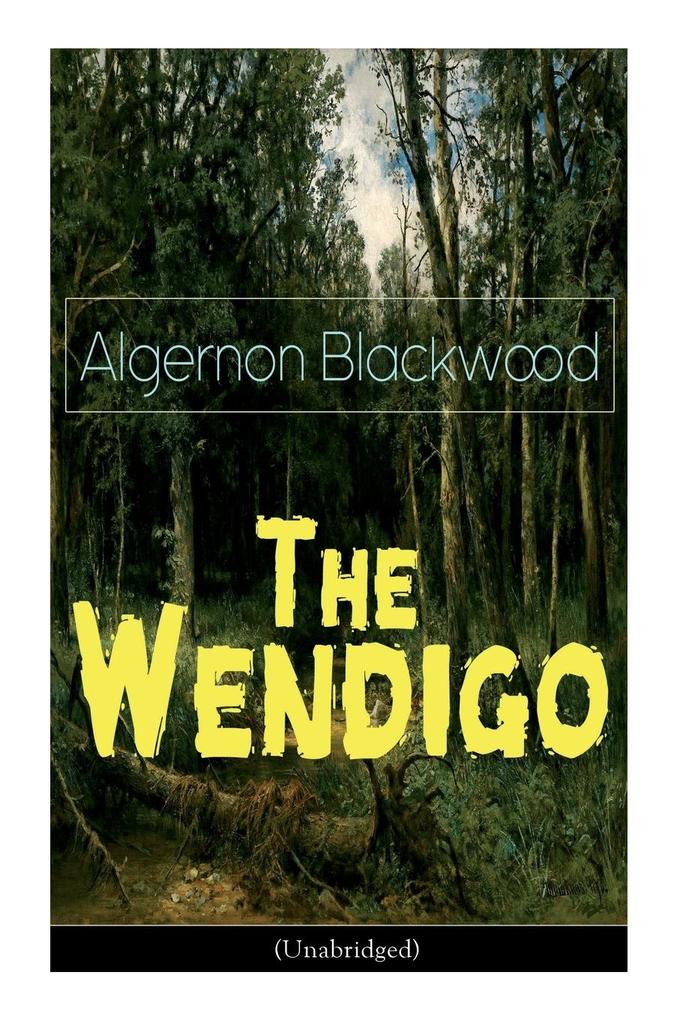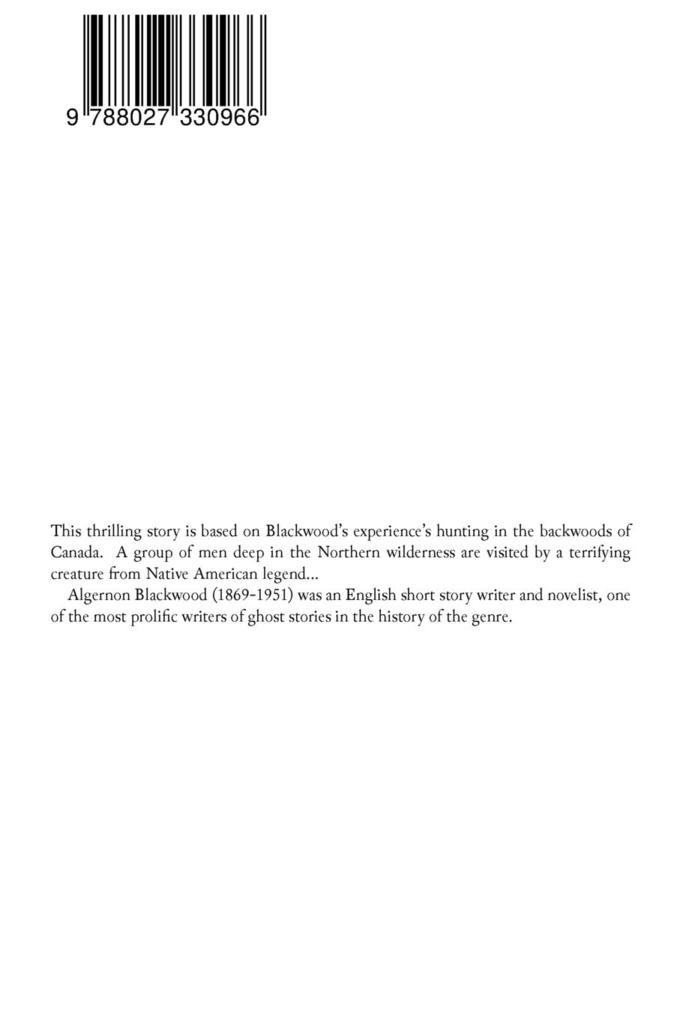
Zustellung: Di, 24.06. - Sa, 28.06.
Versand in 2 Wochen
VersandkostenfreiBestellen & in Filiale abholen:
In "The Wendigo," Algernon Blackwood masterfully intertwines elements of psychological horror with deep-rooted folklore, delivering a gripping tale that explores the thin veneer between civilization and savagery. Set against the hauntingly beautiful yet menacing backdrop of the Canadian wilderness, Blackwood's narrative invites readers to confront the primal fears that reside within the human soul. His vivid descriptions and atmospheric prose evoke a sense of foreboding and isolation, while seamlessly weaving the legend of the Wendigo--a mythical creature that embodies insatiable greed and cannibalism--into the very fabric of the story. The novella's structure, reminiscent of traditional oral storytelling, enhances its themes of nature's inscrutable power over humanity. Algernon Blackwood was an English author celebrated for his contributions to weird fiction and supernatural horror. An avid traveler and outdoorsman, Blackwood's experiences in remote landscapes greatly influenced his writing. His fascination with nature, particularly its capacity to inspire dread and wonder, permeates his work, reflecting the Victorian era's growing interest in the intersection of civilization and the untamed wilderness. "The Wendigo" particularly highlights Blackwood's belief in the spiritual and metaphysical essence of nature. Readers seeking a profound exploration of fear and human psyche will find "The Wendigo" an indispensable addition to their library. Blackwood's intricate storytelling and deep psychological insights make this a timeless classic that resonates with contemporary themes of existential dread and the haunting allure of the unknown. Highly recommended for enthusiasts of horror and folklore alike.
Produktdetails
Erscheinungsdatum
14. April 2019
Sprache
englisch
Seitenanzahl
36
Autor/Autorin
Algernon Blackwood
Verlag/Hersteller
Produktart
kartoniert
Gewicht
80 g
Größe (L/B/H)
223/147/3 mm
ISBN
9788027330966
Bewertungen
0 Bewertungen
Es wurden noch keine Bewertungen abgegeben. Schreiben Sie die erste Bewertung zu "The Wendigo (Unabridged)" und helfen Sie damit anderen bei der Kaufentscheidung.










